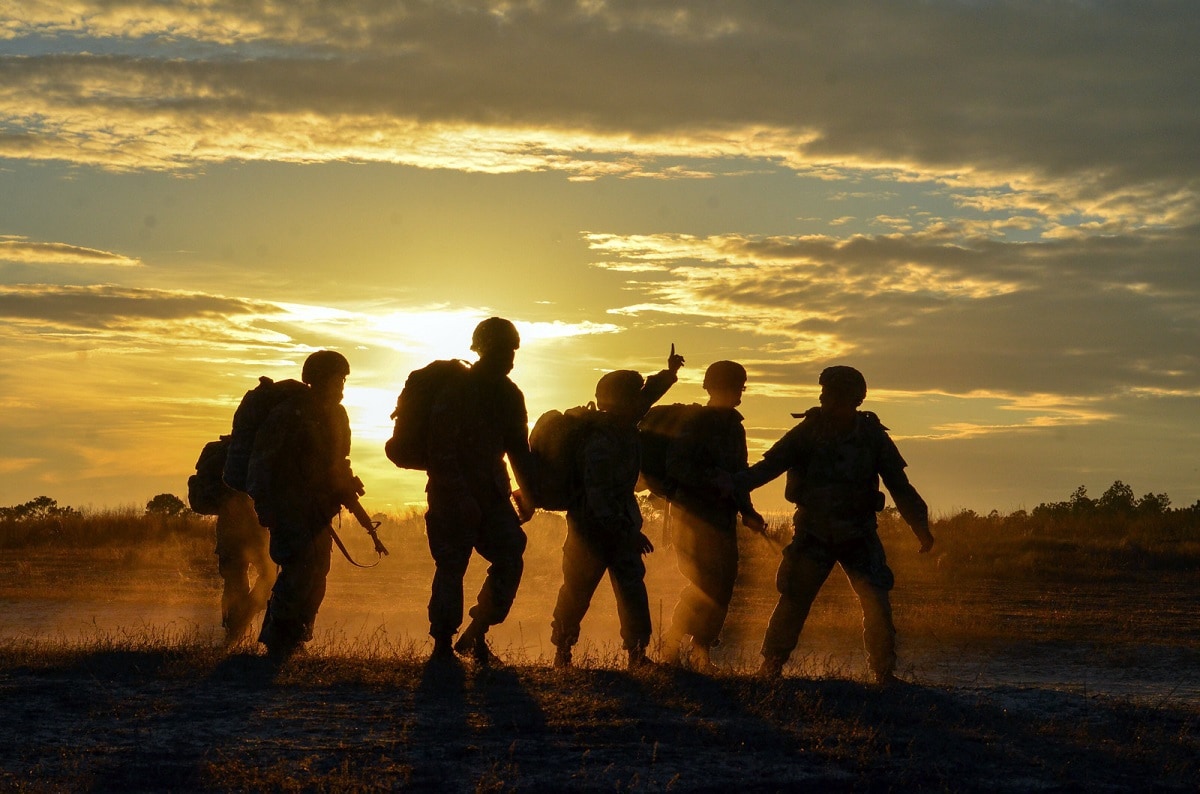President Joe Biden announced yesterday that he would withdraw all remaining U.S. forces from Afghanistan to end the “forever war.”
Bizarrely, he made the final withdrawal date to be the 20th anniversary of the September 11, 2001 terror attacks in New York and Washington.
Perhaps some among his top aides thought this cute or clever but it is not: it compounds a disaster by allowing Al Qaeda and their Taliban allies to transform the anniversary and augment its meaning as symbolic of victory against the United States.
Within Washington, Americans will debate whether Biden’s move is wise. Biden’s team will try to spin the withdrawal as something other than a defeat.
DC spin, however, seldom sticks outside an administration’s most partisan supporters. Others will question the cost on Afghans and especially Afghan women.
While elected Afghan officials put a good face on the move and thank America for its past assistance, behind-the-scenes, they question why if the United State was intent on withdrawal, they would—with a lopsided and unilateral peace process—kneecap the Afghan government on the way out.
Pakistanis celebrate.
Anti-Americanism within Pakistan is rife. Moderate Pakistanis are analyzing the reasons for the U.S. failure, whereas Pakistani security officials express “glee” at their “victory.” A decade ago, while researching the Pakistan chapter of my history of U.S. diplomacy with rogue regimes and terrorist groups, a former Pakistani intelligence chief told me calmly over tea at the Islamabad Club how the greatest mistake Pakistan had made in the wake of 9/11 was even pretending to side with the United States.
Pakistan’s merriment at masterminding America’s defeat will be short-lived, however. While Pakistan’s two-faced willingness to offer the Taliban and Al Qaeda safe-haven and facilitate their infiltration into Afghanistan has frustrated U.S. and NATO militaries for the past two decades, historically, the infiltration went the other direction.
Indeed, one reason why Pakistan’s military deep state supports radical Islamist groups is they fear that, in their absence, ethnic nationalists along Pakistan’s borders might lay claim to territories inside Pakistan.
The issue is not theoretical. More than a decade ago, I was having breakfast in a village outside Kabul with an Afghan who today occupies a senior position. We were discussing a recent terrorist attack and the Obama administration’s efforts to deflect responsibility from Pakistan’s intelligence agency (ISI). He argued correctly that diplomacy would never convince Pakistani leaders to stop their terror support; rather, he said, terror would be the only language Pakistanis would understand.
If a bomb went off in Kabul, he said, then a bomb should go off in Islamabad. If there was an explosion in Qandahar, then there should be an explosion in Lahore. The biggest impediment to implementing such a strategy? The fact that NATO troops were in the country.
U.S. Peace Envoy Zalmay Khalilzad may trust the Taliban and expect Afghan liberals, minorities, and women to follow his lead and sacrifice their freedoms in the spirit of compromise with an uncompromising group, but he is wrong. The Taliban seek to impose their ideology by force and Afghans will resist by force.
Pakistan will soon discover that such resistance may know no borders.
Michael Rubin is a senior fellow at the American Enterprise Institute and a 19FortyFive Contributing Editor.

